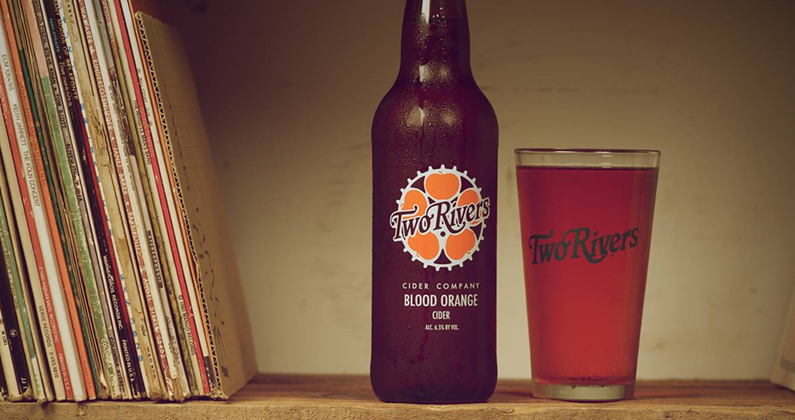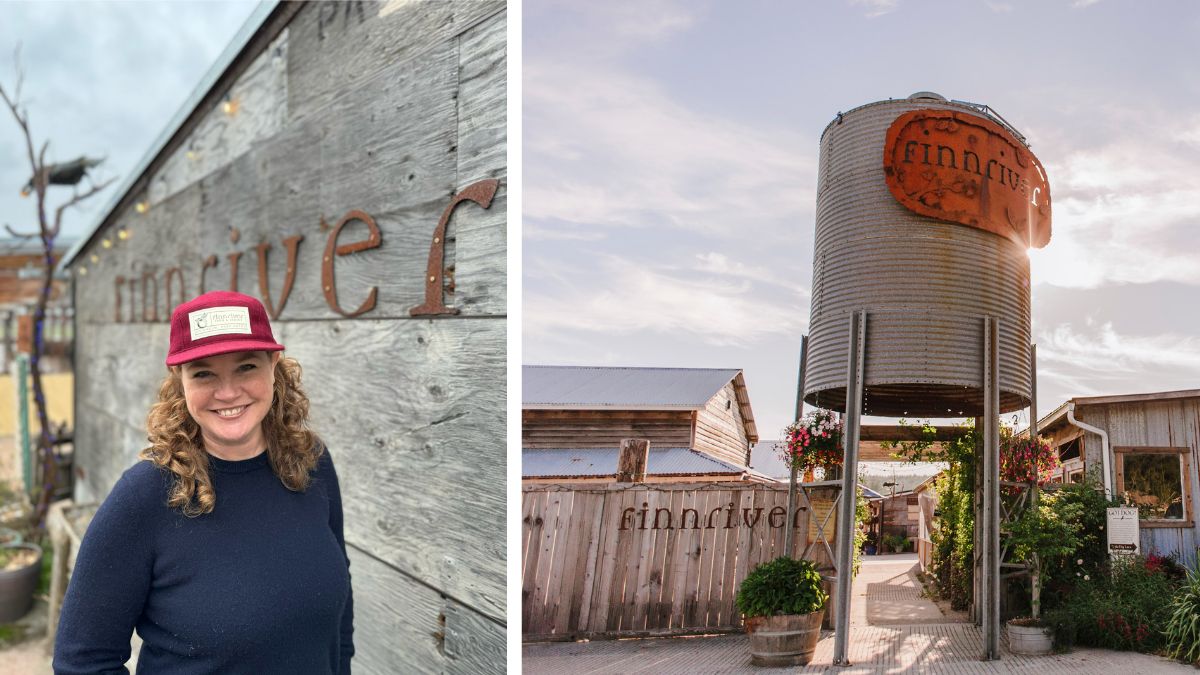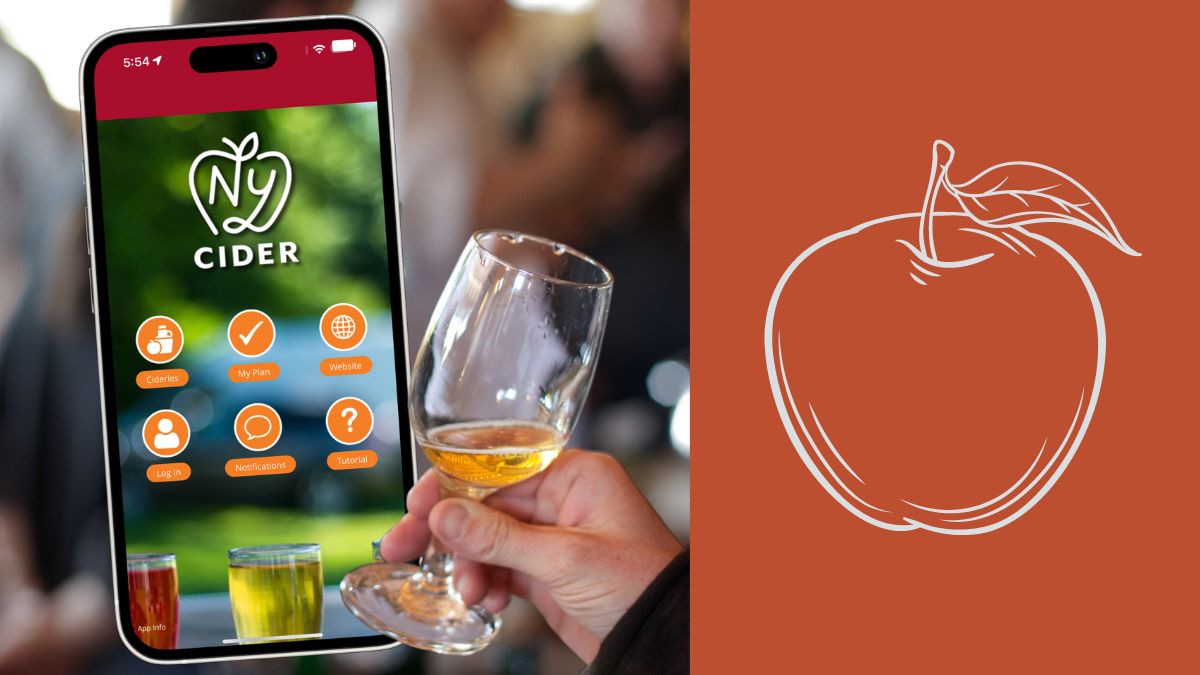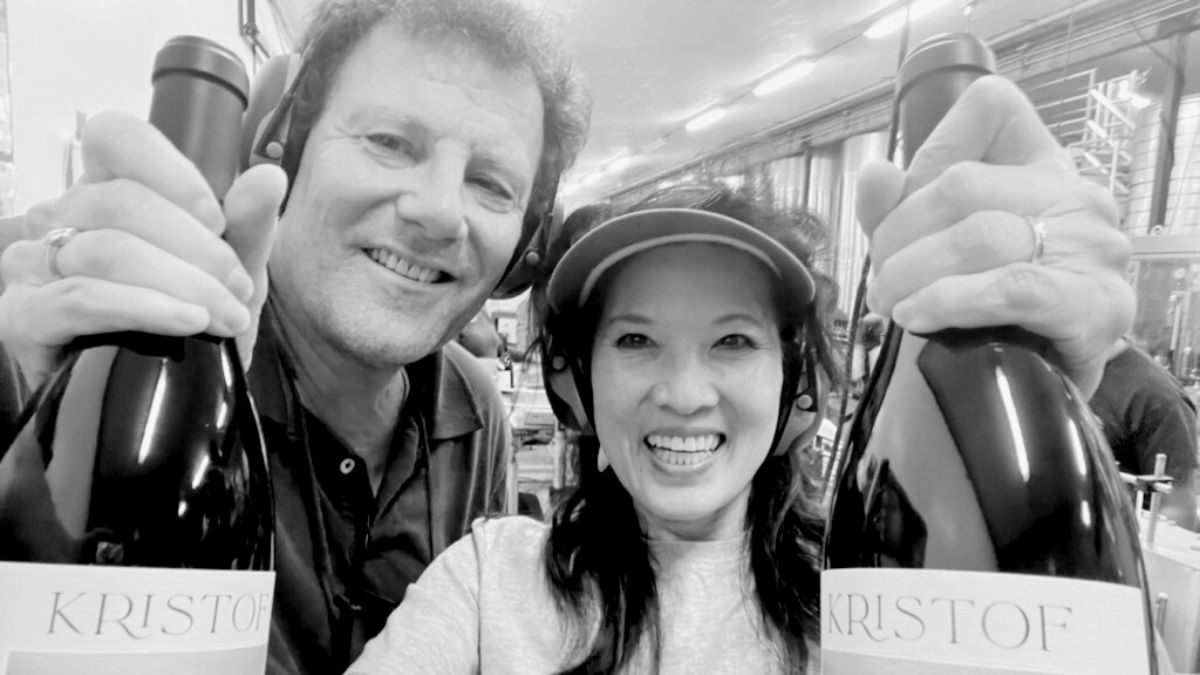Based in Sacramento, California, Two Rivers Cider is a medium-sized operation, producing about 60,000 gallons of cider annually, selling in kegs, cans and bottles to wholesalers. We were a one-man show for the first decade and now have nine employees, including the tasting room that opened in 2016 on our 20th anniversary.
As a small, local business, we pride ourselves on building strong relationships with wholesale accounts, selling directly to restaurants and retailers. We know what ciders they’ve tried, what sells best at their location and we know the buyers by name. Our customers know they’re dealing directly with the manufacturer so, if there’s an issue, we can investigate the problem and make it right — without the middleman like a distributor.
Tough Choices
We both self-distribute and work with a larger distributor to get our cider into even more places. When we sell to retailers, their profit is the margin of buying price versus selling price. Distributors also sell to retailers, but this means we sell to the distributor itself at even less than our set wholesale price.
How do we measure the benefits of working with distributors when we’re forfeiting profit margin by selling to them? Is the sales and boots-on-the-streets representation and added reach of our brand enough of a payoff? Are they significantly increasing our overall sales? Are they promoting our brand to the places they sell to?
If the distributor is selling but not promoting our brand, our ciders in their stock will age, and not in a way that improves quality. We want to ensure consistently high-quality cider but can’t know what’s happening in the interim from production facility to the purchasing consumer.
Instead, we spend time expanding our brand: making sales visits, building relationships, getting to know the area in which it is sold. When we hand those accounts over it can be tough to track the service they’re getting. Distributors have larger reach and larger staff, but they also have a large selection of product on offer — they do not have an innate incentive to push our product. To ensure the careful handling of our product and brand, we have a few questions we regularly ask a distributor:
- Are they keeping variety on hand that appeals to our customers?
- How frequently do they visit places that are farther out of the way?
- Do they push other brands to our customers when run out of our cider?
Big Decisions
Right now, business with bars and restaurants is unpredictable, so expanding packaged ciders has been our focus. We’re striving for more business with grocery stores and market chains, some of which prefer to work directly with distributors. Larger market chains have complicated systems and hundreds of vendors, so it is often easier to add “Two Rivers Cider” as an item in a distributor’s order than reach out to us separately.
There are benefits to working with distributors: having help delivering product farther, broadening brand awareness, saving time managing each account, receiving steady income via larger orders. Distributors can be good partners but when taking on that partnership, be sure to stay involved: make sure you advocate for your brand and that they’re doing the same, know your rights and work together with them. We love seeing people travel to find our tasting room who’ve only bought our cider in stores beyond our own reach.
To the cider consumer: don’t see Two Rivers in your area? Ask the buyers at your locals stores to carry the brands you love. As a consumer you have so much power and can support businesses you believe in by buying direct or advocating for shelf-space for them.






